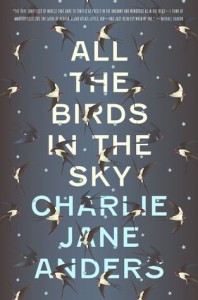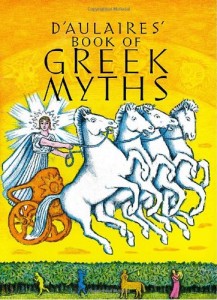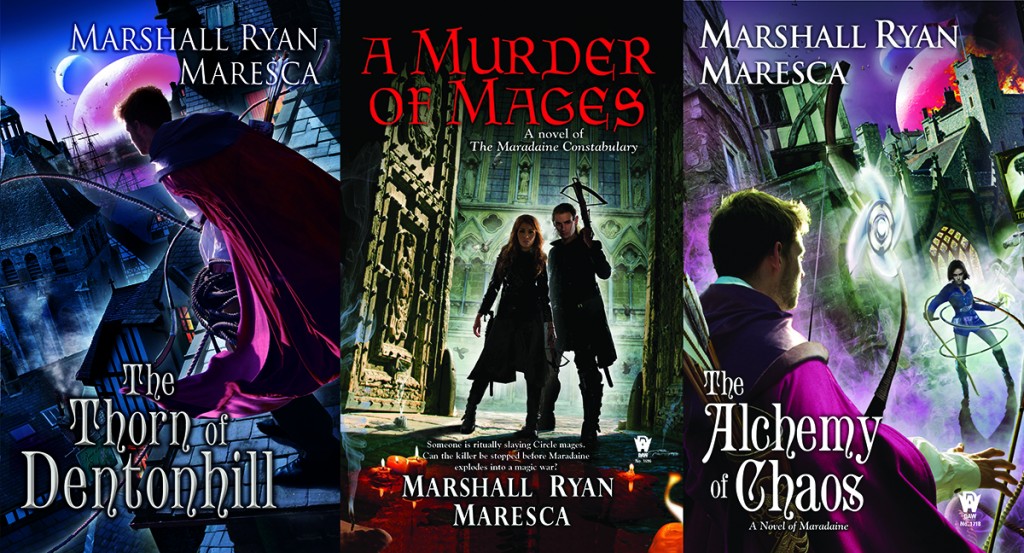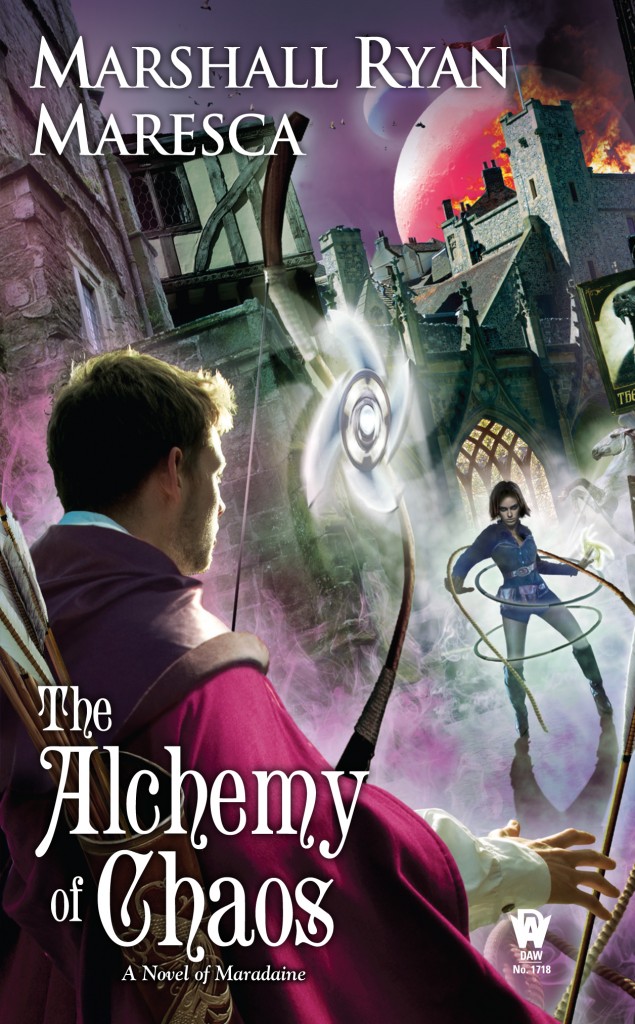 No. No. No. This is beaching yourself on the shores of social media hell simply because you envy someone else's easy, pithy style and/or number of followers. Yeah, I had to reach for a metaphor to match my photo. Work with me.
No. No. No. This is beaching yourself on the shores of social media hell simply because you envy someone else's easy, pithy style and/or number of followers. Yeah, I had to reach for a metaphor to match my photo. Work with me.In echo of what Marshall said so well yesterday, the social media thing isn't compulsory. There are absolutely people who have just enough extroversion in their generally introverted little hearts to make the social media thing look easy. But, you know, do you. If watching your Twitter feed scroll gives you hives, don't do it. If Facebook or Pinterest or Tumblr or anything else is a black hole mysteriously swallowing hours of your day, you have a problem and should probably cold turkey that crack.
Here's the rule I apply to me: If fun = yes, then go. If fun = pulling teeth, then no. Okay. There is an ancillary rule: Word count for the day must be achieved BEFORE any social media. Because writing is my job. Social media is a tool, yes, and fun - but it supports the writing, not the other way around. Why such simple rules?
It goes back to Jeffe's theme on the subject: Engagement. I find that me yelling BUY MY THING is as much fun as slamming my fingers repeatedly in car doors. It's off-putting when someone else fills my feeds with desperate buy links, I have no intention of doing it to someone else. Now. Annoying people with cat photos? Or with ridiculous, nerdy memes? Or comically awful nihilistic end of the world scenarios? Sign me up. Yeah. I know. I need to work on my definition of fun, don't I? The thing is a sense of enjoyment translates. If the person behind the social media posts is genuinely having a good time posting, that comes through. And there's nothing like a bit of fun to draw people in to engage with you. At least, that works for me. Sure. There are people who attract attention by posting outrage over this cause or that cause. I'm glad there are people who do that - the unexamined dark corners of humanity could use a little light shone into them. If that's your thing, more power to you. But that's the point: Do what matters to you. Make room for having a good time.
Shoulds are boulders. They'll crush you if you let them.




 hen I was a kid, there was one book I just plain consumed, over and over again, which was
hen I was a kid, there was one book I just plain consumed, over and over again, which was 

